Tesla Ordered to Pay $243 Million After Model S Autopilot Crash
WilliamAug 04, 2025, 03:58 PM
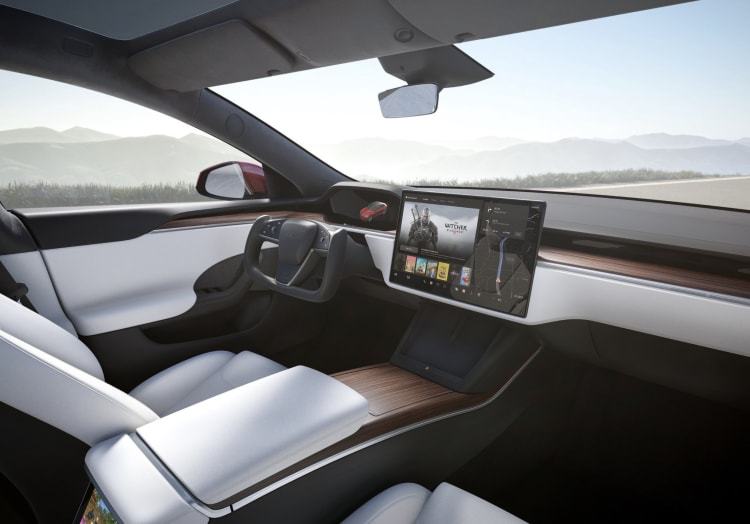
【PCauto】A Florida jury has ordered Tesla to pay $243 million in damages over a fatal 2019 crash involving a Model S using Autopilot. The verdict, delivered on August 1, 2025, found Tesla partially responsible for the accident.
This ruling has sparked major debate and could have serious implications for the global self-driving car industry. Tesla CEO Elon Musk said the company will appeal, maintaining that drivers are fully responsible when using Autopilot.
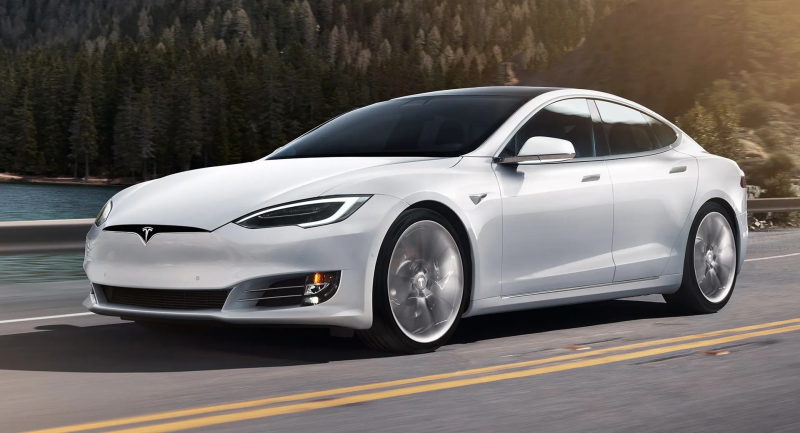
How the Crash Happened
The crash took place on April 25, 2019. George McGee was driving a Tesla Model S on a highway in Florida when he ran a red light at around 100 km/h. The car slammed into a parked Chevrolet Tahoe on the side of the road.
The impact killed Naibel Benavides Leon, who was standing outside the Tahoe. Her boyfriend, Dillon Angulo, suffered serious injuries.
McGee admitted he was bending down to pick up his phone at the time. He claimed he thought Autopilot would brake for him, but said the system gave no warning. Evidence showed the Model S hit the Tahoe at full speed, leading to devastating consequences.
Jury Splits Responsibility in Tesla Autopilot Crash Case
The jury found driver George McGee responsible for 67 percent of the crash. His actions were cited as the main causes of the accident. These included speeding, being distracted by his phone, and failing to watch the road.
Since McGee was not named as a defendant, he will not be paying any damages.
Tesla was assigned 33 percent of the blame. The jury ruled that the Autopilot system had design flaws and did not do enough to prevent its use in non-highway conditions.
The total compensation includes 129 million dollars in compensatory damages. Tesla is responsible for 43 million dollars of that amount. In addition, Tesla was ordered to pay 200 million dollars in punitive damages. This brings the total payout to approximately 243 million dollars.
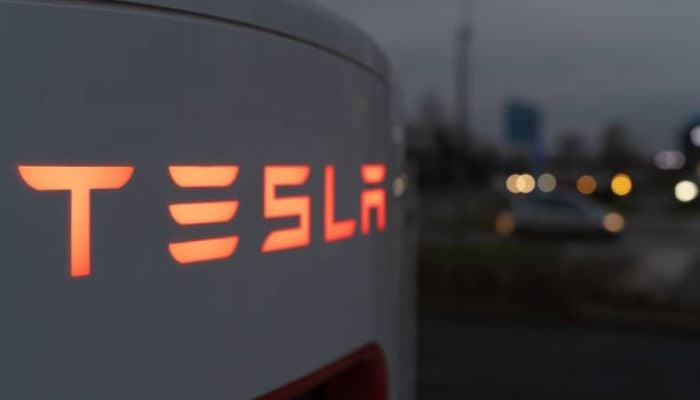
Autopilot Safety and Tesla’s Marketing Were at the Heart of the Case
The plaintiff’s lawyer accused Tesla of misleading customers by failing to clearly warn them about Autopilot’s limitations. He argued that public roads had become a testing ground for flawed technology.
According to the lawyer, Tesla’s marketing exaggerated the safety of Autopilot and did not place enough restrictions on its use in complex environments like city streets.
Tesla pushed back, claiming the crash was entirely the driver’s fault. The company said George McGee was pressing the accelerator while Autopilot was active and was not watching the road as he picked up his phone.
Tesla maintained that Autopilot always requires driver supervision. The company announced plans to appeal the verdict in order to defend the reputation of its technology.
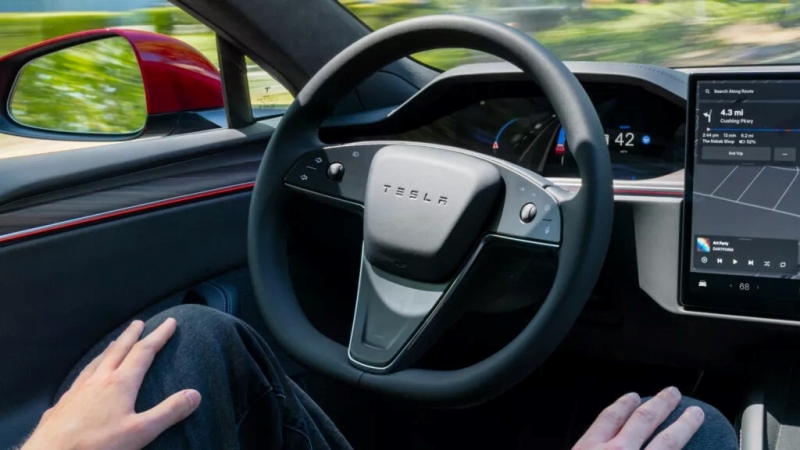
This Verdict Could Reshape Tesla’s Future and the Self-Driving Industry
Several other lawsuits against Tesla’s Autopilot system are still pending in the United States. This case sets a precedent that could open the door to more legal challenges.
The ruling may also push regulators to take a fresh look at how autonomous driving technologies are governed. Manufacturers might face stricter requirements for safety warnings and tighter controls on how and where these systems can be used.
Tesla has expressed confidence in its appeal. Elon Musk said the company will pursue legal action to clarify driver responsibilities. Still, the case has already ignited public debate over the safety of self-driving cars.
The pressure is now on Tesla to accelerate improvements to Autopilot. The company may need to step up its technology to prevent future incidents and restore trust in its autonomous driving systems.
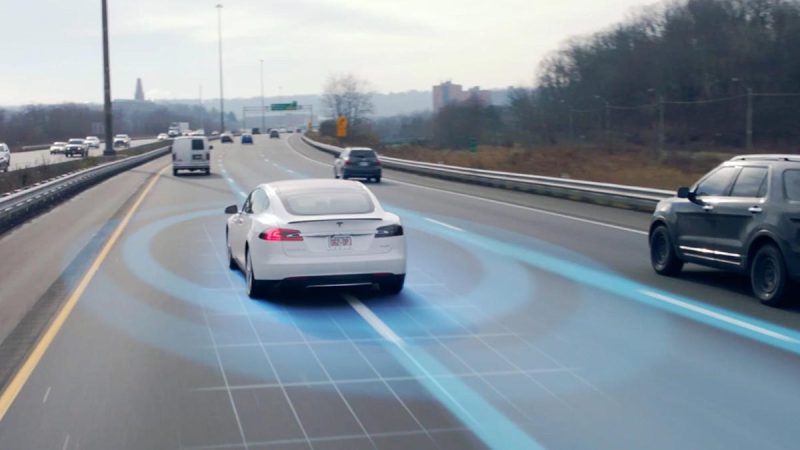
Following a recent fatal crash involving autonomous driving, Chinese regulators have begun warning automakers not to market their vehicles as “autonomous driving” unless they hav


